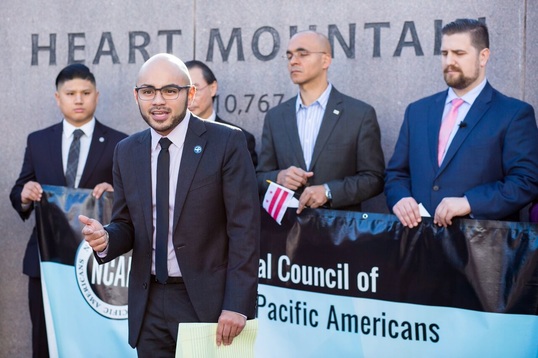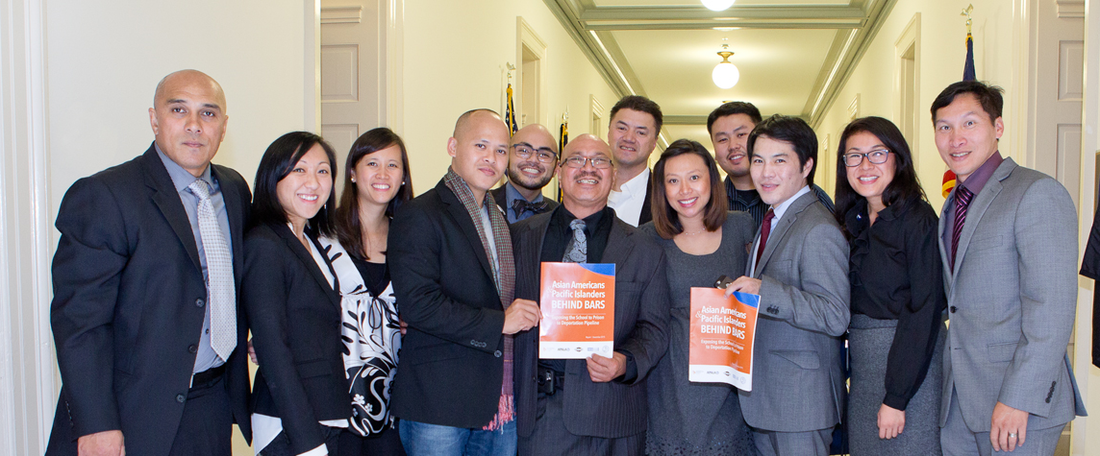“Muslims and those who are perceived as such are involuntarily forced to live in constant fear of threats, discrimination, and violence in their daily lives,” said Johanna Puno Hester, APALA National President. “Due to the culture of anti-Muslim hatred right wing conservatives are promoting, Muslims are unable to live, work, or even practice their faith freely without living in constant fear. APALA is committed to calling out and holding elected officials and candidates for public office accountable at all levels of government.”
“For centuries, the AAPI community has faced similar xenophobic rhetoric before in America. As seen through the Chinese Exclusion Act of 1882, internment of Japanese Americans during World War 2, to the overt discrimination of Muslim, Sikh, Arab, and South Asian American communities in the aftermath of the 9/11 attacks, AAPIs have a long history of being discriminated against,” said Maf Misbah Uddin, Founder and President of The Alliance of South Asian American Labor (ASAAL) and APALA National Executive Board Member. “Republican Presidential candidates like Donald Trump have been calling to ban all Muslims from entering the United States and Ben Carson has questioned the ability for an American Muslim to be President of the United States.”
“The use of anti-Muslim rhetoric in politics by the Republican Party is a faulty fear mongering tactic used to isolate the entire Muslim American community by criminalizing them as the enemy. Their incompetent attempt to scare voters into supporting acts of racism and bigotry is completely absurd. Pitting Americans against each other and victimizing one particular group, Muslim Americans, does not keep America safe. Muslim Americans face the same threat of terror as anybody else in America, discriminating against their community only creates more acts of hate and terror within our communities,” said Gregory Cendana, APALA National Executive Director. “As a community who faced similar acts of oppression and hatred, we must stand together and call out anti-Muslim hate, bigotry and racism. APALA believes #WeAreBetterThanThis and will fight back hate with #VigilantLove.”
View statements from other National Council of Asian Pacific American (NCAPA) members: http://www.ncapaonline.org/statements_ncapa_members_against_anti_muslim_hate



 RSS Feed
RSS Feed